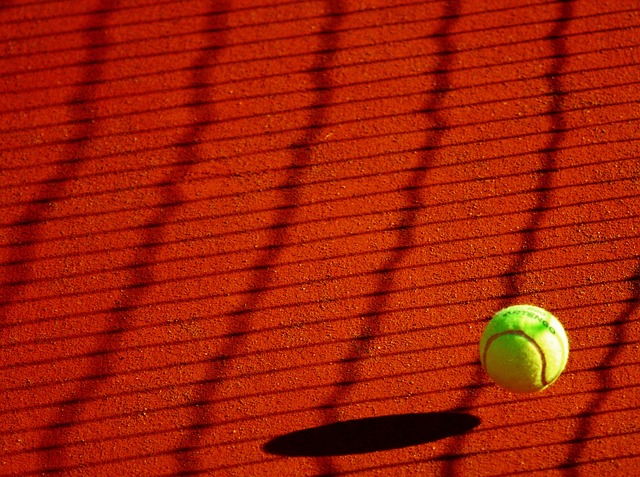Introduction
Welcome to the world of professional tennis, where mental toughness is just as crucial as physical prowess. As an aspiring tennis pro myself, I know firsthand the importance of mental preparation in maintaining peak performance under pressure. In this article, we’ll delve into the strategies used by top tennis players to stay focused, confident, and resilient. Whether you’re a seasoned pro or just starting out, these techniques can help you elevate your game.
Understanding the Mental Game
Professional tennis is not just about hitting the ball; it’s a battle of wills. Top players understand that their mental state can make or break their performance. A strong mental game allows them to stay calm under pressure, bounce back from setbacks, and maintain focus even in the most intense matches.
For more insights into the mental aspects of tennis, check out our article on The Psychological Aspects of Tennis.
Focus Techniques
- Visualization: Many professional tennis players use visualization techniques to prepare for matches. By mentally rehearsing different scenarios and outcomes, they can better anticipate what might happen during a game and stay focused on their strategy.
- Positive Self-Talk: Positive affirmations can significantly boost a player’s confidence. Instead of dwelling on negative thoughts, top players use positive self-talk to stay motivated and focused.
- Mindfulness: Practicing mindfulness helps players stay present in the moment. By being fully engaged in the game, they can react more quickly to their opponent’s moves and make better decisions.
For more tips on mindfulness in sports, read our article on Mindfulness in Sports.
Confidence Builders
- Self-Reflection: Regular self-reflection helps players identify areas where they need improvement. By analyzing their performance, they can develop strategies to address weaknesses and build confidence.
-
Goal Setting: Setting clear goals both short-term and long-term helps players stay motivated. Achieving smaller goals can build momentum and reinforce confidence in their abilities.
-
Mental Rehearsal of Success: Visualizing success can help players feel more confident about their abilities. By mentally rehearsing winning matches or overcoming challenges, they can build a positive mindset.
Resilience Strategies
- Emotional Regulation: Top players understand how to manage their emotions during a match. They know how to stay calm even when things aren’t going their way, which helps them avoid making rash decisions.
-
Learning from Mistakes: Every loss is an opportunity to learn and improve. Players who can quickly bounce back from setbacks are often more resilient than those who dwell on failures.
-
Support System: Having a strong support system—whether it’s a coach, family member, or friend—can provide emotional support during tough times.
For more advice on building resilience in sports, check out our article on Building Resilience in Sports.



